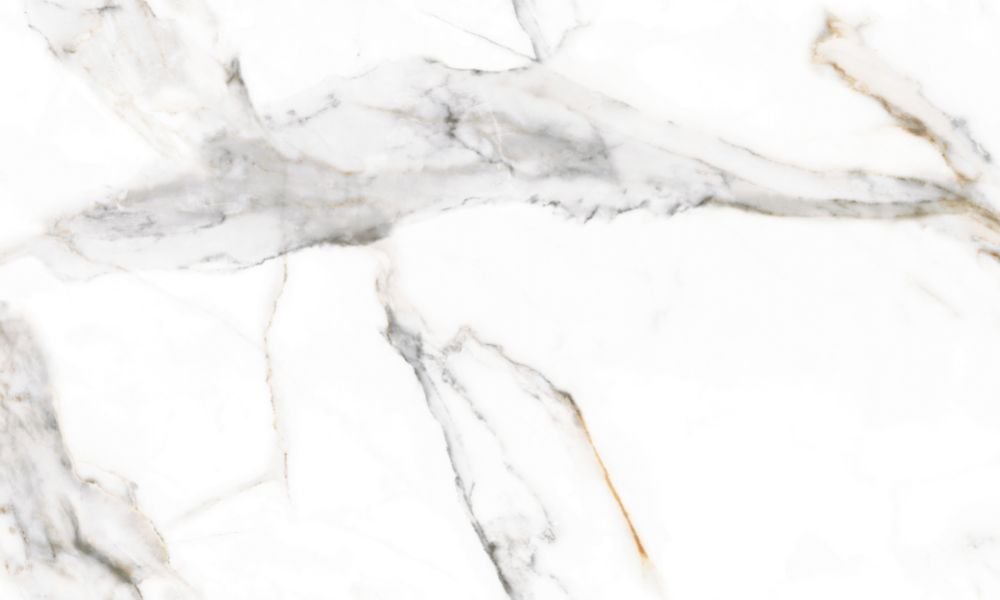Everything You Need To Know About Marble Countertop
Marble countertops bring a sense of elegance to any space. However, there’s a lot more to this popular stone than its beautiful appearance. Before you choose marble for your kitchen island, bathroom counters, or other spaces in your home, make sure you brush up on your knowledge about marble varieties, maintenance, and more. Make an informed decision with this rundown of everything you need to know about marble countertops.
Hundreds of Different Marbles
There are hundreds of different types of marble, each with its own unique color and pattern. Every type of marble also features slightly different levels of durability and absorption. Marbles with lower absorption rates have a lower risk of staining.
You can divide the different varieties of marble into colors: white, brown, cream, gray, and the rare green marble. White marble varieties such as Calacatta, Carrera, and Statuary are among the most popular marble types in the world.
Be Wary of Stains, Etches, and Scratches
One of the most important things to know about marble countertops is that they’re more prone to stains and etches than other stone countertop materials. You can avoid some stains by choosing a marble variety with a lower absorption rate, but there will always be at least some danger of staining. Etching can also occur where polish or sealant fades after exposure to acid, creating a dull appearance and making that part of your counter more vulnerable to scratches and other damage.
Because marble is softer than granite or quartzite, it scratches more easily than those materials. If you use marble in your bathroom, kitchen, or patio, follow a few best practices, such as always using a cutting board and taking care when placing heavy or sharp objects on the counter.
Finishes Affect Your Final Look
Every piece of marble offers a beautifully unique color and pattern. You can customize that look even further with the finish you choose. There are a few finish options for marble counters: honed, high-gloss, and leathered.
A honed or matte finish uses a sanding process to create a flat, satiny feel. Honed marble countertops resist scratches better than high-gloss finishes, but the process does make the marble more vulnerable to stains.
A high-gloss finish creates a polished sheen that highlights the color and veining of the marble. High gloss finishes offer the most protection against stains, but they increase your risk of etching.
Finally, a leathered finish creates a soft sheen with a leather-like texture that adds character to the countertop. Leathered finishes work well to conceal fingerprints and water spots or minor etches and scratches.
Is marble the right choice for your home? No matter what your project is, our stone countertop fabrication team here at LaCour StoneWorks is ready to work with you from selection through installation of your marble.

